Reading Room #1 | ART & POST-FORDISM
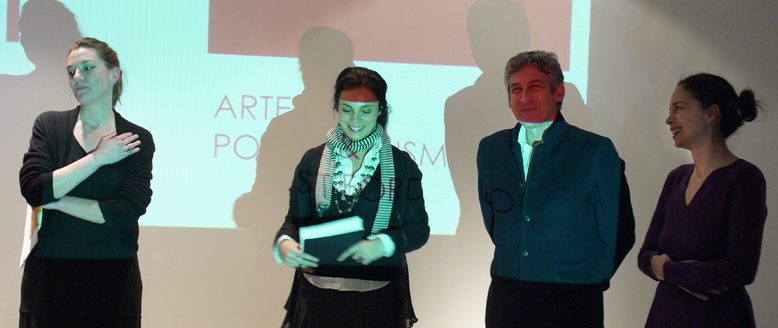 Reading Room #1. Art & Postfordism, February 26th, 2010. Nomas Foundation, Rome. Courtesy Nomas Foundation. Ph. Karolyna Szewczyk
Reading Room #1. Art & Postfordism, February 26th, 2010. Nomas Foundation, Rome. Courtesy Nomas Foundation. Ph. Karolyna Szewczyk
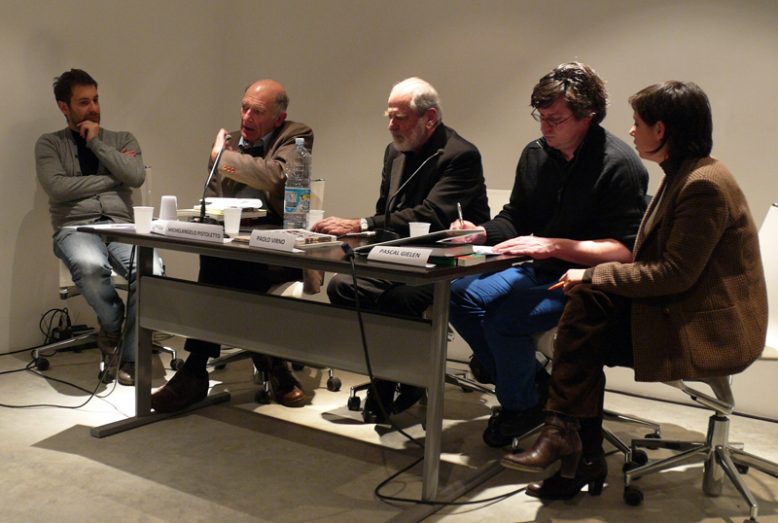 Reading Room #1. Art & Postfordism, February 26th, 2010. Nomas Foundation, Rome. Courtesy Nomas Foundation. Ph. Karolyna Szewczyk
Reading Room #1. Art & Postfordism, February 26th, 2010. Nomas Foundation, Rome. Courtesy Nomas Foundation. Ph. Karolyna Szewczyk
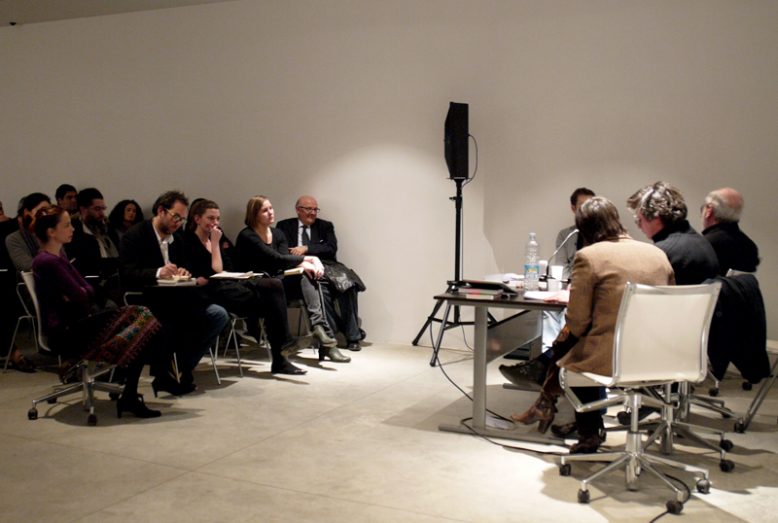 Reading Room #1. Art & Postfordism, February 26th, 2010. Nomas Foundation, Rome. Courtesy Nomas Foundation. Ph. Karolyna Szewczyk
Reading Room #1. Art & Postfordism, February 26th, 2010. Nomas Foundation, Rome. Courtesy Nomas Foundation. Ph. Karolyna Szewczyk
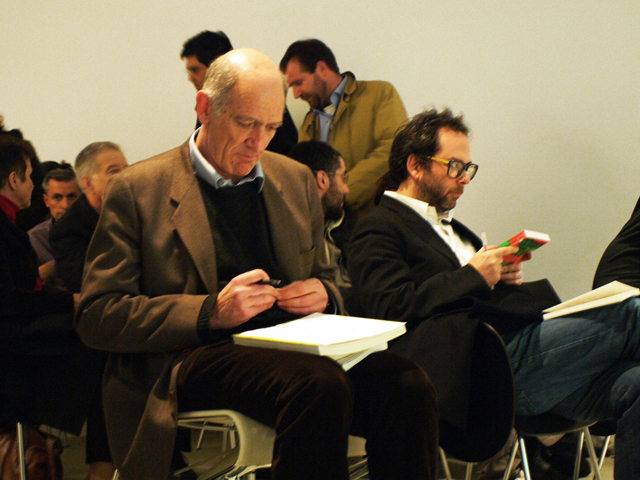 Reading Room #1. Art & Postfordism, February 26th, 2010. Nomas Foundation, Rome. Courtesy Nomas Foundation. Ph. Karolyna Szewczyk
Reading Room #1. Art & Postfordism, February 26th, 2010. Nomas Foundation, Rome. Courtesy Nomas Foundation. Ph. Karolyna Szewczyk
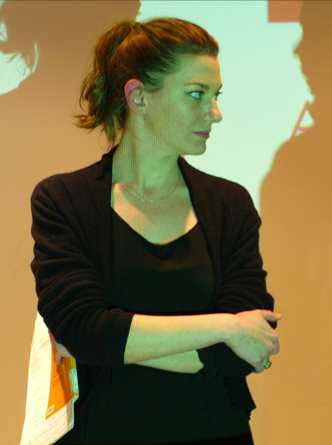 Reading Room #1. Art & Postfordism, February 26th, 2010. Nomas Foundation, Rome. Courtesy Nomas Foundation. Ph. Karolyna Szewczyk
Reading Room #1. Art & Postfordism, February 26th, 2010. Nomas Foundation, Rome. Courtesy Nomas Foundation. Ph. Karolyna Szewczyk
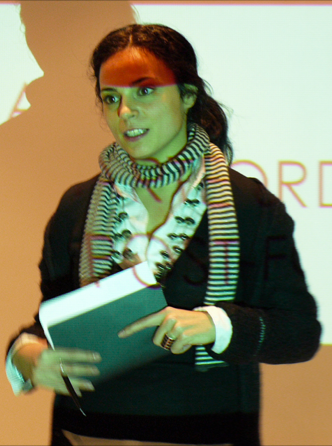 Reading Room #1. Art & Postfordism, February 26th, 2010. Nomas Foundation, Rome. Courtesy Nomas Foundation. Ph. Karolyna Szewczyk
Reading Room #1. Art & Postfordism, February 26th, 2010. Nomas Foundation, Rome. Courtesy Nomas Foundation. Ph. Karolyna Szewczyk
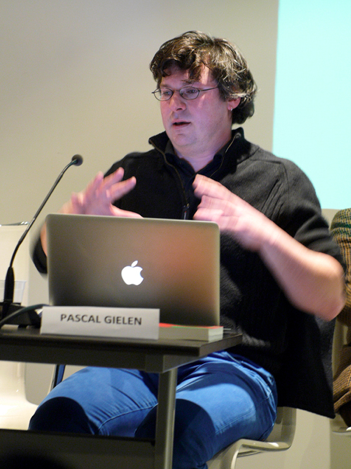 Reading Room #1. Art & Postfordism, February 26th, 2010. Nomas Foundation, Rome. Courtesy Nomas Foundation. Ph. Karolyna Szewczyk
Reading Room #1. Art & Postfordism, February 26th, 2010. Nomas Foundation, Rome. Courtesy Nomas Foundation. Ph. Karolyna Szewczyk
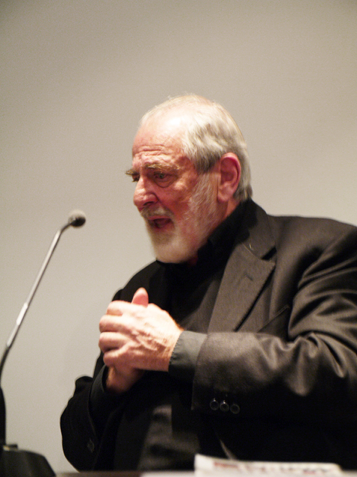 Reading Room #1. Art & Postfordism, February 26th, 2010. Nomas Foundation, Rome. Courtesy Nomas Foundation. Ph. Karolyna Szewczyk
Reading Room #1. Art & Postfordism, February 26th, 2010. Nomas Foundation, Rome. Courtesy Nomas Foundation. Ph. Karolyna Szewczyk
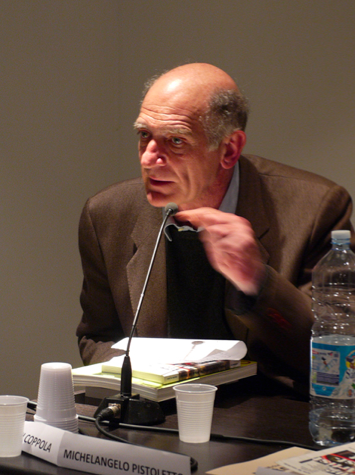 Reading Room #1. Art & Postfordism, February 26th, 2010. Nomas Foundation, Rome. Courtesy Nomas Foundation. Ph. Karolyna Szewczyk
Reading Room #1. Art & Postfordism, February 26th, 2010. Nomas Foundation, Rome. Courtesy Nomas Foundation. Ph. Karolyna Szewczyk
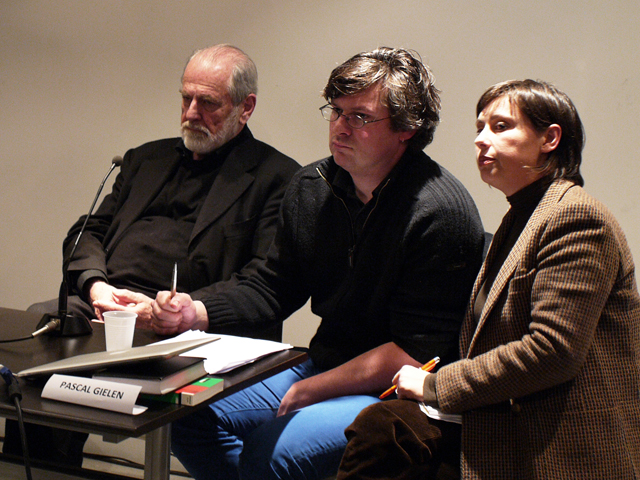 Reading Room #1. Art & Postfordism, February 26th, 2010. Nomas Foundation, Rome. Courtesy Nomas Foundation. Ph. Karolyna Szewczyk
Reading Room #1. Art & Postfordism, February 26th, 2010. Nomas Foundation, Rome. Courtesy Nomas Foundation. Ph. Karolyna Szewczyk
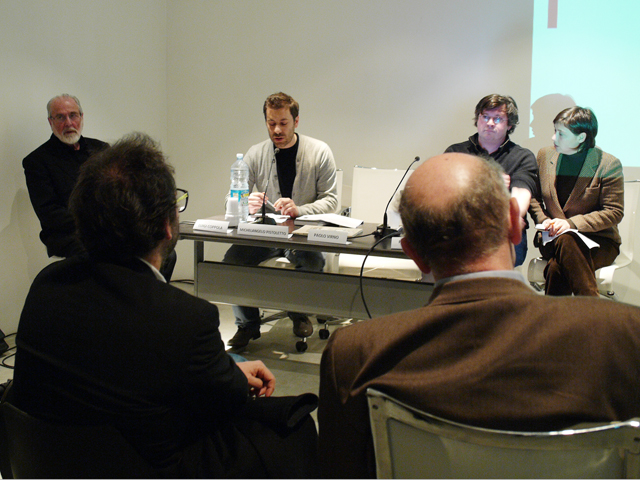 Reading Room #1. Art & Postfordism, February 26th, 2010. Nomas Foundation, Rome. Courtesy Nomas Foundation. Ph. Karolyna Szewczyk
Reading Room #1. Art & Postfordism, February 26th, 2010. Nomas Foundation, Rome. Courtesy Nomas Foundation. Ph. Karolyna Szewczyk
February 26th, 2010 at 6.00pm
Nomas Foundation, viale Somalia 33, Rome
The Reading Room is both a space dedicated to the discussion, research and exploration of topics related to Nomas Fondation’s programme. It is an evolving archive and framework of the creative process leading to the exhibitions, an ever changing dispositif that fosters a polisemic, collective, multilayered reflection on aspects of contemporary culture.
For the first appointment of the Reading Room, Nomas Foundation hosts The Research Group Arts in Society of the Fontys College for the Arts for a discussions on issues of art, ecomony and society with Michelangelo Pistoletto, Paolo Virno, Paul de Bruyne and Pascal Gielen.
In recent times, the culture industry has capitalised on the work ethic of the art world - its ever-youthful energy, allure of freedom, flexible working hours, short-term or lack of contracts - and converted into a standard production model. Following the apparent success of 'capitals of culture' schemes and the creative industries, governments too have been keen to embrace this post-Henry Ford work model and seamlessly link it to the globally dominant neo-liberal market economy. But how have artists and other arts professionals reacted to this situation? Can they offer alternative strategies and policies?
The discussion marks the publication of Arts in Society. Being an Artist in Post-Fordist Times edited by Pascal Gielen and Paul De Bruyne (NAi-Publishers: Rotterdam, 2009) and The Murmuring of the Artistic Multitude. Global Art, Memory and Post-Fordism, of Pascal Gielen (Valiz: Amsterdam, 2009).
This event is organised and coordinated by Cecilia Canziani, Ilaria Gianni and Luigi Coppola.
In collaboration with Cittadellarte-Fondazione Pistoletto and Fontys College for the Arts.